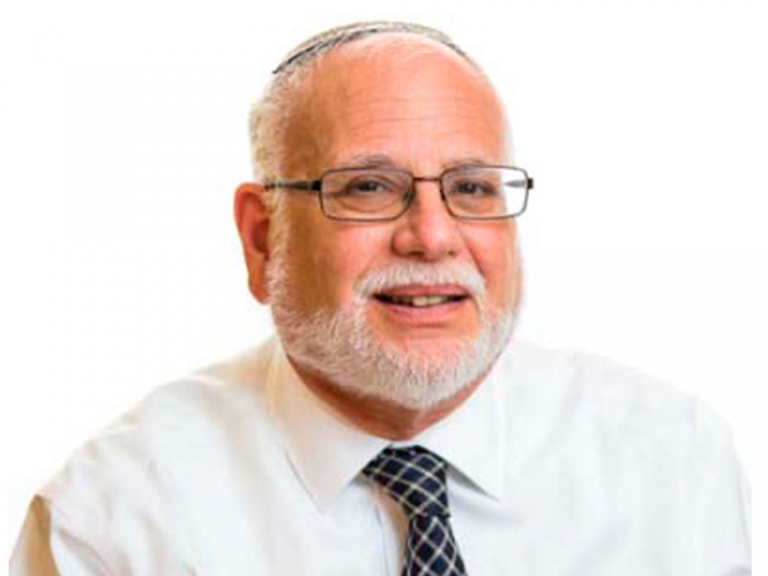
Dear Hebrew Academy Community:
A few years ago, Rabbi Aaron Starr, a Conservative rabbi, wrote a blog entitled “Time to say Kaddish for tikkun olam.” Rabbi Starr is very concerned about the rapidly diminishing level of synagogue affiliation and of ritual observance in the non-Orthodox community and about the growing trend to identify with non-Jewish causes even when they are hostile to Israel or to the Jewish Community. He writes that the almost exclusive focus on tikkun olam during the last several decades in Conservative and Reform circles is one of the significant causes of that decline. Tikkun olam, as understood in the non-Orthodox world, has been described as a “radical return to an understanding of Jewish wholeness which denies distinctions between Jewish and non-Jewish issues.” As such, he writes, “Tikkun olam has devolved today to mean anything that fits into the categories of community service or helping the underdog. The focus on universalism has led to stripping the word “Mitzvah” of any sense of divine obligation, and instead understands “Mitzvot” to mean, simply, good deeds… and places greater emphasis on valuing the global human community over caring for our fellow Jews and for the continuity of Judaism.” As expressed by a rather radical rabbi, tikkun olam means: “Plant a tree in Vietnam in a defoliated former forest. Plant a tree where the strip mines have poisoned the forests.”
Rabbi Starr writes that “by dismissing the power of ritual observance and by undermining Jewish particularism, the universalistic commitment to tikkun olam…could be the downfall of American Jewry.” One of the results of this attitude is how difficult it is to combat anti-Zionism amongst Jewish students who have been brought up with a religious perspective that is so virtually identical to secular progressivism that it entails rejection of any sense of Jewish Peoplehood or unity.
But that does not mean that we, the community of Shomrei Mitzvot, should forget that concern for all of humanity is an important Jewish value. In a talk on this week’s Parasha, Rav Aharon Lichtenstein zts’l asked: When Eliezer sought a wife for Yitzchak why did Rivka’s offering to water the camels signify that God had chosen her as the next mother of Israel? Eliezer was looking for an essential character trait that Avraham wanted in his daughter-in-law, so that she could pass it along to her descendants. This characteristic was the ability and need to empathize with all of society at large. “One's natural reaction to suffering anywhere, by anyone should be deep; the Jew's reaction should run even deeper, even though we maintain our separateness in many ways. The pain to the heart, no matter what heart, should be manifest in us; upon seeing the weary traveler, we should drop what we are doing and rush to his aid: Hence the importance of Rivka’s “And I will also give drink to your camels.’"
We are instructed to pay careful attention in Ashrei to "Pote'ach et yadekha u-masbia le-chol chai ratzon!" - "You open Your hand and satisfy the desires of all living creatures." We then assert that God is close to all those who cry out to Him in truth. To be sure, family and nation come first, but we cannot forget that we are part of all mankind and any human tragedy must pain us, “especially when we do not have the well to satisfy their thirst.” Rav Lichtenstein concludes, “If we internalize this, then we can truly identify with the last verse of Ashrei:""Tehillat Hashem yedaber pi, vi-varech kol Basar shem kodsho le-olam va'ed--My mouth will speak the praise of God, and all flesh will bless His holy name forever."
Dr. Kalman Stein
Interim Head of School

